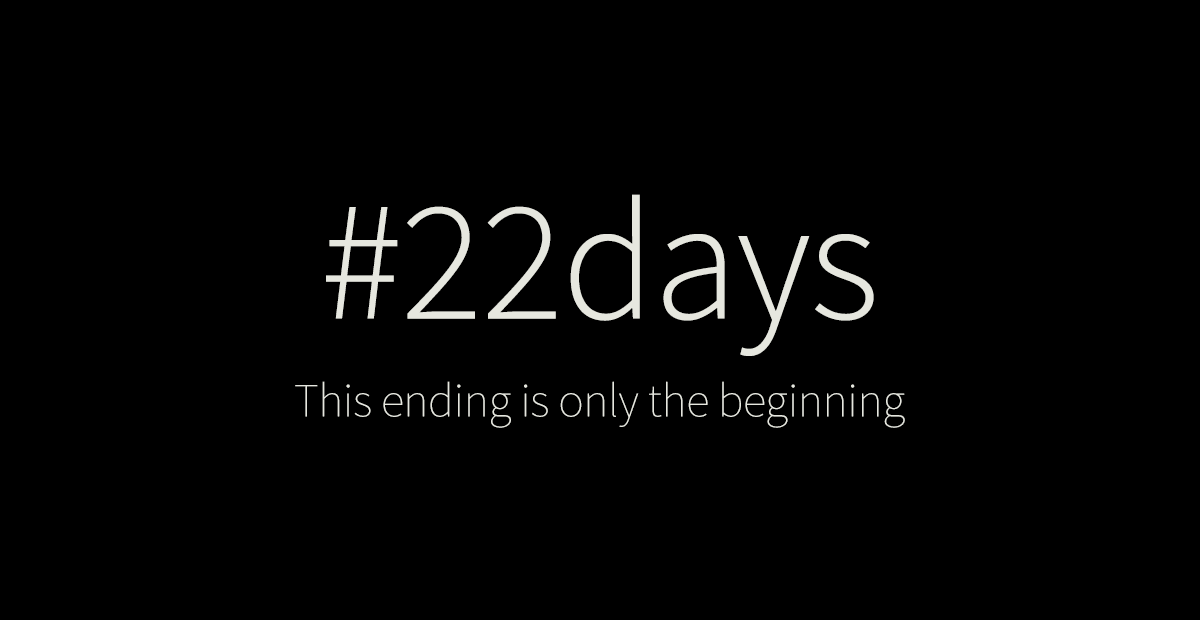Linking the historic injustice of residential schools to the present-day crisis of missing and murdered Indigenous women, the second week of the #22Days project saw Anglican calls for solidarity with Indigenous people continue to grow in strength.
In churches across the land, the ringing of bells for each of the 1,122 Indigenous women reported missing or murdered from 1980 to 2012 served as a reminder of the need to address this urgent issue. As noted in the executive summary of the Truth and Reconciliation Commission’s final report, many of the complex factors contributing to the marginalization of Indigenous women are part of the legacy of residential schools.
Underscoring the sheer scale of the calamity, the Rev. Pamela Rayment reported that at St. John the Evangelist Anglican Church in Sault Ste. Marie, Ont.—which is ringing its bells 394 times each week—the rope to the church bell broke at 300 tolls.
“The ringing of bells today was very emotional for some in attendance…It was significant that our rope couldn’t keep up with the number of indigenous women and children we are remembering,” the Rev. Rayment wrote on the 22 Days website Wall of Commitment.
Many people posting on Twitter under the #22Days hashtag, including non-Anglicans, called for the ringing to continue until the problem of missing and murdered Indigenous women is addressed.
“Keep the bell sounding,” urged user @HuronGirl818. “Keep the resolve beyond the #22days”—a sentiment echoed by Bishop Michael Pryse of the Eastern Synod of the Evangelical Lutheran Church in Canada (ELCIC), who tweeted: “All churches should ring until gov’t formally responds to @TRC_en.”
Led by National Bishop Susan Johnson, the ELCIC has actively supported the #22Days project. Other organizations that expressed their solidarity included the YWCA Regina and Renison College at the University of Waterloo, which has been ringing its bells each day and presenting speakers such as residential school survivors.
Politicians have also offered support to the campaign, with Liberal MP Ralph Goodale and Ontario MPP Glenn Thibeault respectively drawing attention to the ringing of bells by St. Paul’s Anglican Church in Regina and the Church of the Epiphany in Sudbury.
If the bell ringing kept the issue of missing and murdered Indigenous women in the public consciousness, the tragic history and legacy of residential schools remained a key focus of #22Days. Along with the sacred stories told by survivors and others involved in the residential schools on the 22 Days website, churches across Canada continued to honour residential school students in different ways.
At St. Clement’s Anglican Church in North Vancouver, B.C., Stewardship Chair Alecia Greenfield helped children from the congregation draw pictures expressing the pain and sadness they would feel if they were forced to leave their families. At the end, they ripped the pictures up and made something new—paper and seeds for a new future, with space for new stories.
The children talked about how long it would take to heal from such sadness and what action they could take to prevent such a tragedy from happening again, eventually reaching a firm consensus: “We just should never treat people badly.”
In Ottawa, Christ Church Cathedral continued to add ribbons to a tree for each of the 150,000 children who attended residential schools. As of June 12, the Ribbon Tree had 100,000 ribbons on it.
The #22Days project is supported by the Anglican Church of Canada and continues through National Aboriginal Day on June 21.
Interested in keeping up-to-date on news, opinion, events and resources from the Anglican Church of Canada? Sign up for our email alerts .

